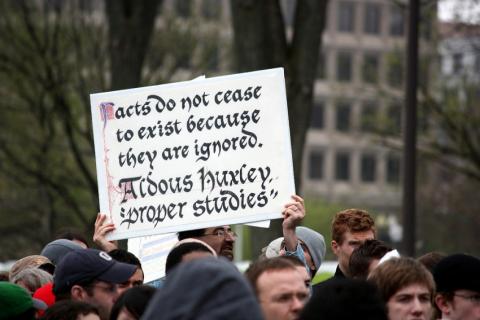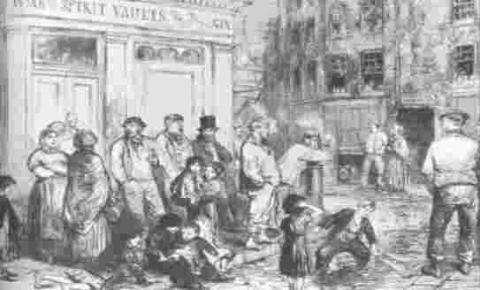School Solutions and Turnarounds
Capital and Main

California has become ground zero for the national battle over charter school expansion. Some of America’s richest individuals and largest foundations are pouring resources into what critics view as the privatization of public education. Based on six months of reporting and interviews with experts, elected officials, educators and advocates on both sides of the debate, “Failing the Test” is a comprehensive portrait of how charter schools are changing public education.









Spread the word